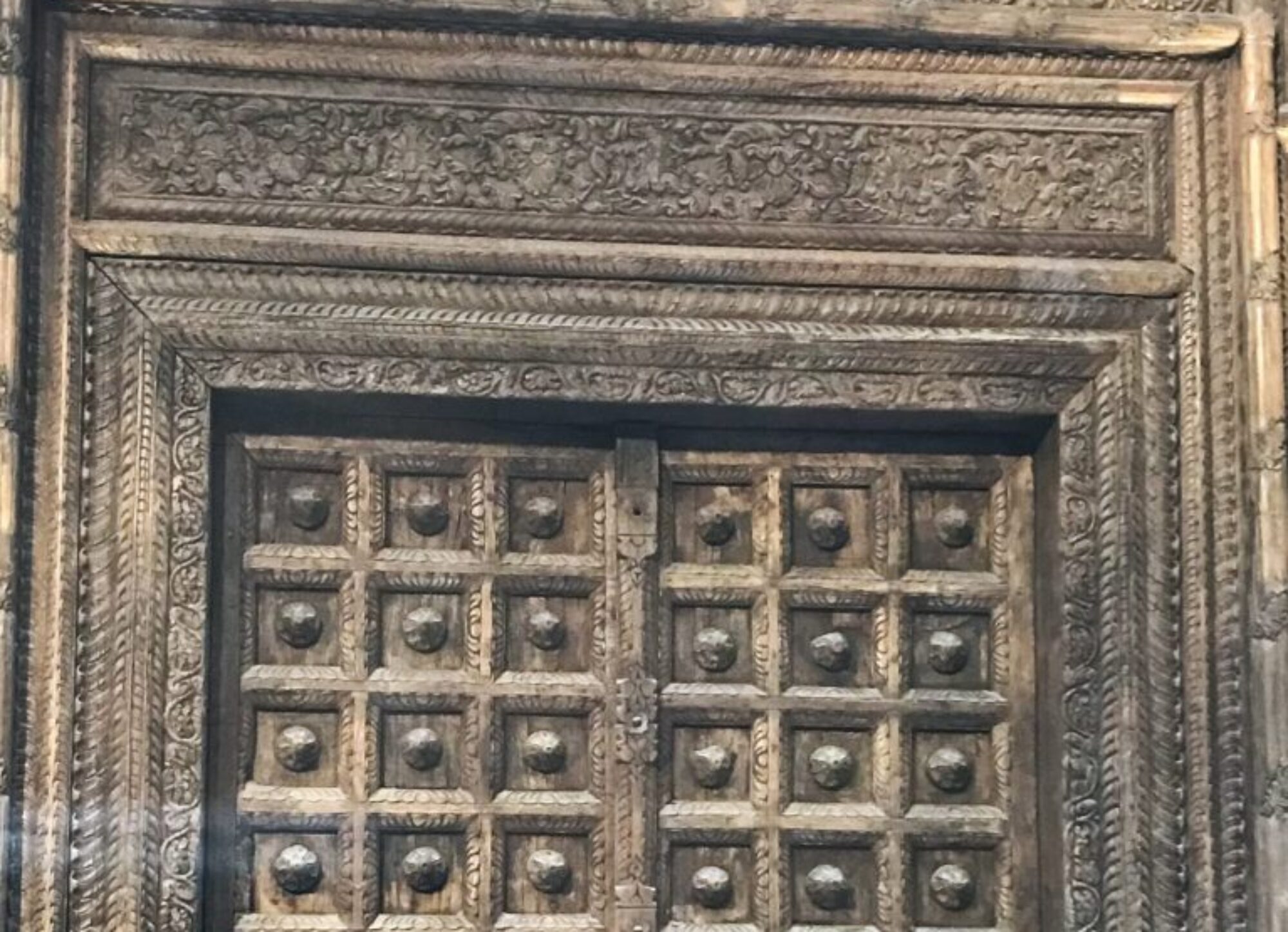Love in Tokyo
Friends are horrible people, don’t you think so? The fewer friends you have, the happier you will be. Take my word for it. I know. I am so so unfortunate to have a large number of friends. They say they wish me well, and therefore they have to be frank. The fact is they are not just frank, they are brutally frank. It is they who puncture my ego the most. On the other hand, my greatest victories have been gifted to me by those I consider my detractors, if not my enemies. .
Let me share with you what happened a few years back. I had gone on a business trip to Beijing. Luckily, I was able to negotiate a full day’s stopover in Japan, which I had never visited earlier. I was put up in an hotel at the Narita airport, and I decided to venture out to Tokyo as I had the whole day to myself. On the advice of the concierge, I decided to take the train to downtown Tokyo, rather than an expensive taxi.
At the train station, however, I was totally bewildered. I could not make out how to buy a ticket as I saw no booking office. I could neither understand the language, nor could I make out the value of the currency notes. I requested help from those passing by, but no one understood English.
I must have looked quite lost, because an attractive girl approached me, bowed low and introduced herself. In broken English, she told me to use the ticket machine, and rapidly explained how to use it. She said she had to hurry; otherwise she would miss her train. Somewhat shyly she explained that she was going to meet her boy friend. She turned and ran away, even before I could thank her.
I now addressed the ticket machine. The staccato instructions given by the girl proved useless and I could not coax a ticket out of the machine. I stood there helplessly, defeated by the Japanese, their language, their machines and their currency.
Suddenly, the same girl came rushing out of the station gate. She said she had missed her train, and that the next one was not due for another seven minutes. She had come back to make certain that I had got my ticket. She made me put money in the machine and punch some buttons, till a ticket popped out. I took the ticket and my change. She gave me the most beatific smile and hurried off, because she said she did not want to miss her train again.
On the train to Tokyo, I glanced at myself in a mirror. With the silver in my hair, I looked handsome and quite distinguished. It gave me a nice warm feeling to think that a young beautiful girl, on the way to meet her beau, had found me attractive enough to come back a second time to help. It might not count as a conquest, but it was also nothing to sneer at. I must have been smiling to myself, because many Japanese on the train smiled back. Even in the stores in Tokyo, other shoppers returned my smile.
The day after I returned to Delhi, I shared impressions of my foreign visit with my colleagues in office. I especially wanted to impress the new executive, the cute one who always wore high-heels. With a smug smile, I shared the pleasant memory of the girl at Narita station. I wasn’t gloating, but yes, I definitely conveyed that I, more than my middle-aged friends, had retained a certain youthfulness and charm. I also looked pointedly at high-heels.
That is when this friend of mine piped up. He said, “Oh the Japanese are such a polite people. The girl would have come back to help someone even a lot uglier than you.” Everyone burst out laughing; and high-heels laughed loudest.
Did I not tell you that it is one’s friends who deflate your ego the most? I concede that this guy knows a lot about Japan, but could he not control his urge to show off his knowledge about that country? At least he could have chosen his words with greater circumspection. Could he not have said that the girl would have come back, even for someone less handsome than me?
